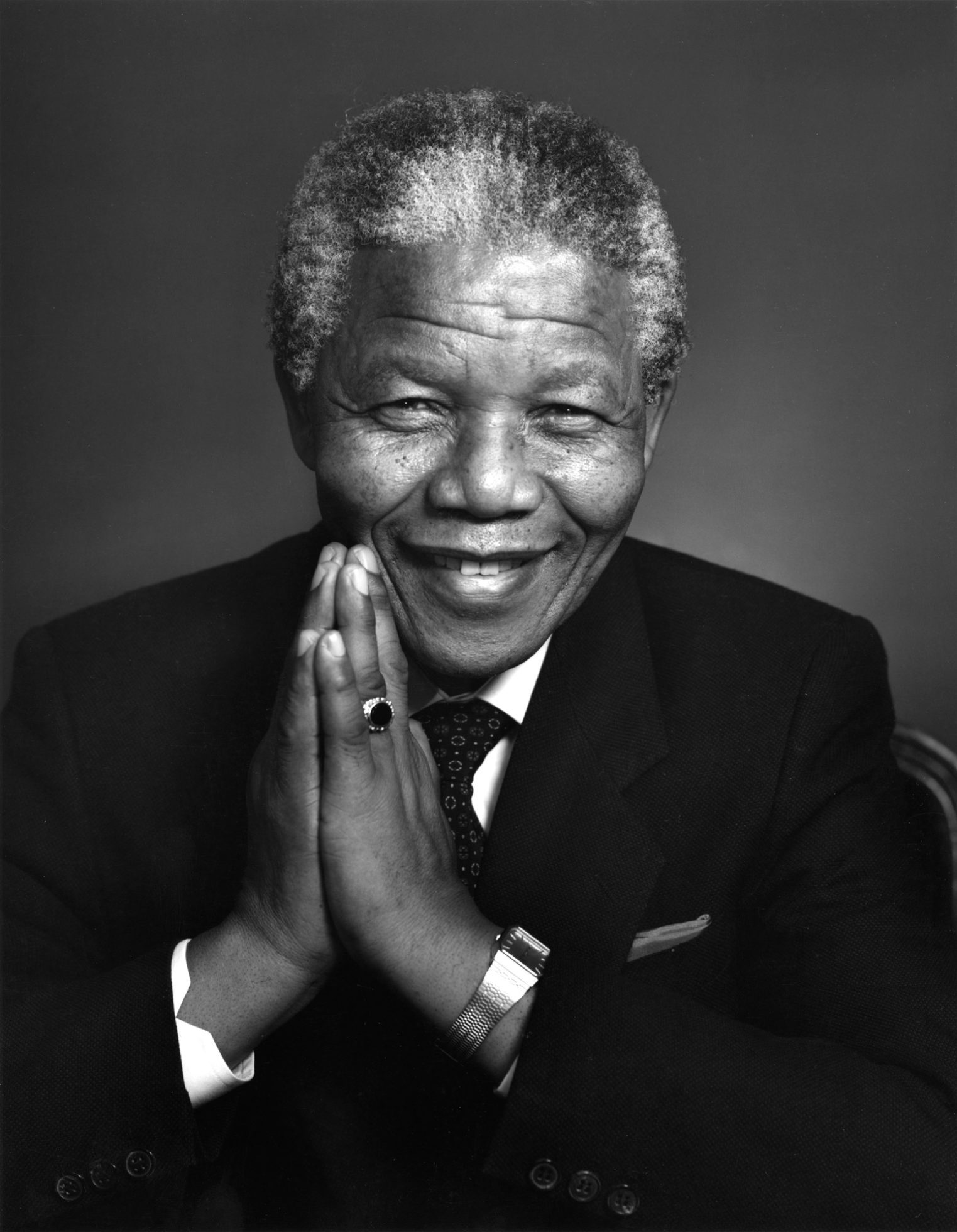Introduction:
Nelson Mandela, an iconic figure in the history of South Africa and a symbol of the global struggle against apartheid, remains one of the most revered leaders of the 20th century. His extraordinary life journey, marked by unwavering determination and a commitment to justice, inspired millions around the world. This article delves into the history of Nelson Mandela, tracing his path from an anti-apartheid activist to becoming the first democratically elected President of South Africa.
Early Life and Activism:
Nelson Rolihlahla Mandela was born on July 18, 1918, in the village of Mvezo, Transkei, in what is now the Eastern Cape province of South Africa. He grew up in the nearby village of Qunu, where he was exposed to the injustices of racial segregation that would shape his future. Mandela's father, a respected local chief, instilled in him a sense of justice and the importance of education.
After joining the African National Congress (ANC) in 1944, Mandela quickly rose through the ranks as a charismatic and influential leader. In the 1950s, he played a pivotal role in organizing nonviolent protests against apartheid laws imposed by the white minority government. However, as peaceful means failed to bring about change, Mandela and other activists began advocating for armed resistance.
Imprisonment and the Long Walk to Freedom:
In 1962, Mandela was arrested and charged with sabotage and conspiracy to overthrow the government. Found guilty, he was sentenced to life imprisonment on Robben Island, a maximum-security prison off the coast of Cape Town. Mandela's time behind bars spanned 27 years, during which he became a symbol of resistance against apartheid.
Despite the harsh conditions of his imprisonment, Mandela never wavered in his belief in equality and justice. His resolve and leadership were exemplified in his famous statement during the 1964 Rivonia Trial: "I have cherished the ideal of a democratic and free society in which all persons live together in harmony and with equal opportunities. It is an ideal which I hope to live for and to achieve. But if needs be, it is an ideal for which I am prepared to die."
Transition to Democracy and Presidency:
The release of Nelson Mandela on February 11, 1990, after more than a quarter-century in prison, marked a turning point in South African history. His release sparked celebrations and renewed hope for a future free from apartheid. Mandela's remarkable ability to forgive and reconcile with his oppressors became a cornerstone of his leadership philosophy.
Throughout the early 1990s, Mandela led negotiations with President F.W. de Klerk and other political figures, resulting in the dismantling of apartheid and the drafting of a new constitution. In 1994, South Africa held its first multiracial elections, with Mandela standing as the ANC's candidate. He emerged victorious, becoming the country's first black president and the embodiment of a new era of democracy and unity.
Legacy and Impact:
Nelson Mandela's presidency was marked by efforts to heal the wounds of apartheid, promote racial reconciliation, and tackle socio-economic challenges faced by the majority of South Africans. His government focused on eradicating poverty, improving education, and combating HIV/AIDS. Mandela's leadership and commitment to human rights garnered international recognition, earning him numerous awards, including the Nobel Peace Prize in 1993.
Beyond his presidency, Mandela continued to be a global advocate for social justice and peace. He established the Nelson Mandela Foundation, dedicated to promoting dialogue and social equality, and played a key role in various diplomatic and humanitarian initiatives. Mandela's principles and values continue to inspire leaders and activists worldwide, serving as a reminder of the power of forgiveness, unity, and perseverance in the face of adversity.
Conclusion:
Nelson Mandela's life is a testament to the indomitable spirit of human courage and the ability to effect transformative change. From his early activism against apartheid to his presidency and beyond, Mandela's unwavering commitment to justice, equality, and forgiveness left an indelible mark on the world. His legacy serves as a constant reminder that even in the face of immense adversity, a single individual can lead a nation towards freedom and inspire generations to come.

